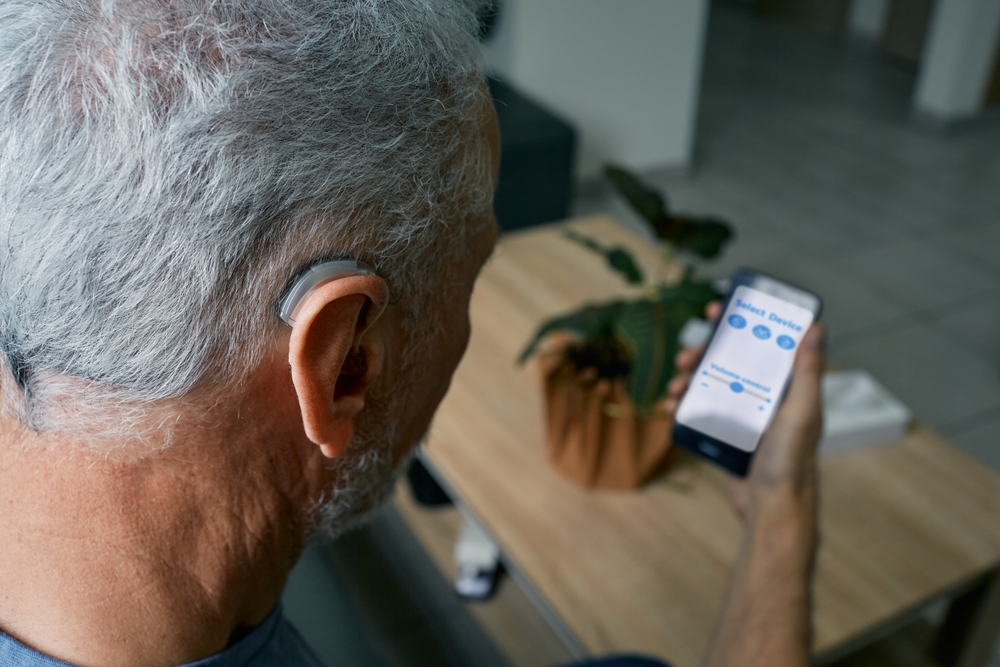In recent years, we’ve seen study after study show that medical and mental health costs go up significantly for people with hearing loss who do not seek treatment.
People with untreated hearing loss are more likely to end up in the ER and hospital. They’re more likely to have serious falls. They have significantly increased rates for everything from depression to dementia.
It seems like a win-win for the insurance company or Medicare to pay for hearing aids: It reduces their own costs. Despite the mounting research, some are still left wondering, will insurance pay for hearing aids? Or perhaps better said, when will insurance pay for hearing aids?
It may depend on your plan
You just heard from your good friend that ABC insurance covered his hearing aids. You have insurance with the same company. Hooray! You must be covered for hearing aids too.
Not so fast. It’s important to realize that insurance companies offer many levels of plans. They might also have special agreements with employers who’ve purchased a corporate plan. The same plan may cover hearing aids in one state but not another, as required by law.
Even if you’ve heard that a certain insurance company covers hearing aids, you should contact your insurance company to learn more about whether they’re covered under your specific plan. You’ll find a customer service number on the back of your card.
If you do find out that your insurance covers hearing aids, ask:
- Do you have to meet a deductible first?
- What’s the copay?
- What’s the coverage limit?
- How often you can get new hearing aids? (3 years, 5 years, etc.)
- Do you have to use a preferred or in-network vendor?
- Are you limited to certain types of hearing aids?
- Do you need a pre-authorization from the company?
Your hearing specialist can help with any pre-authorization requirements.
Medicare is a little different
Traditional Medicare still doesn’t cover hearing aids as of the writing of this article. But this can be a little misleading.
Many people think they have traditional Medicare. But they really have Medicare Advantage plans through a private insurer. These do sometimes cover:
- Hearing exams
- Fittings
- Hearing aids (up to a certain limit)
Each year, from fall to mid-December a person who qualifies for Medicare can choose to switch to a Medicare Advantage plan for the following year. This is called “Open Enrollment”. You’ve likely seen the commercials on TV.
If you are in need of hearing aids, then you may want to consider your options. They are required by law to cover everything Medicare covers. But they often cover additional items like hearing aids. It depends on the plan so make sure you specifically ask before buying.
Your state may require hearing aid coverage
Some states require that insurance companies cover hearing aids. The laws vary by state with some only covering children. However, these age restrictions are being challenged on a state-by-state basis and laws are changing with the times.
Currently, the states that require insurers to cover hearing aids regardless of age are:
- Connecticut
- Colorado
- Missouri
- New Hampshire
- North Carolina — This state has the most generous coverage limit of $2500 per ear.
- Rhode Island — This state has the lowest coverage limit only requiring a $700 per ear allowance. But at least it requires some coverage.
But remember, just because your state doesn’t have a law, doesn’t mean your insurance doesn’t cover hearing aids. Some companies offer extra benefits like this to keep customers.
The typical allowance for states that require coverage is $1500. You can choose to pay the difference if you’d like a more expensive model.
How public perception is changing
You’ll definitely still find some gaps in coverage for this technology across the country. You may find that your insurer doesn’t cover hearing aids and the state you’re in doesn’t require it. But don’t lose hope.
As more research supports the cost-savings for insurers who cover hearing aids, we’ll see more insurance companies adding this coverage.
In 1989, only 24% of insurers covered hearing aids on any plans.
In 2008, 40% paid at least something for hearing aids.
in 2018, an estimated 73% of Medicare age individuals have a policy that has some hearing aid coverage.
Yet, only around 25% of people who need hearing aids are taking advantage of coverage they’re often paying for.
Does your insurance cover hearing aids? It’s time to find out. Contact your insurer today.


